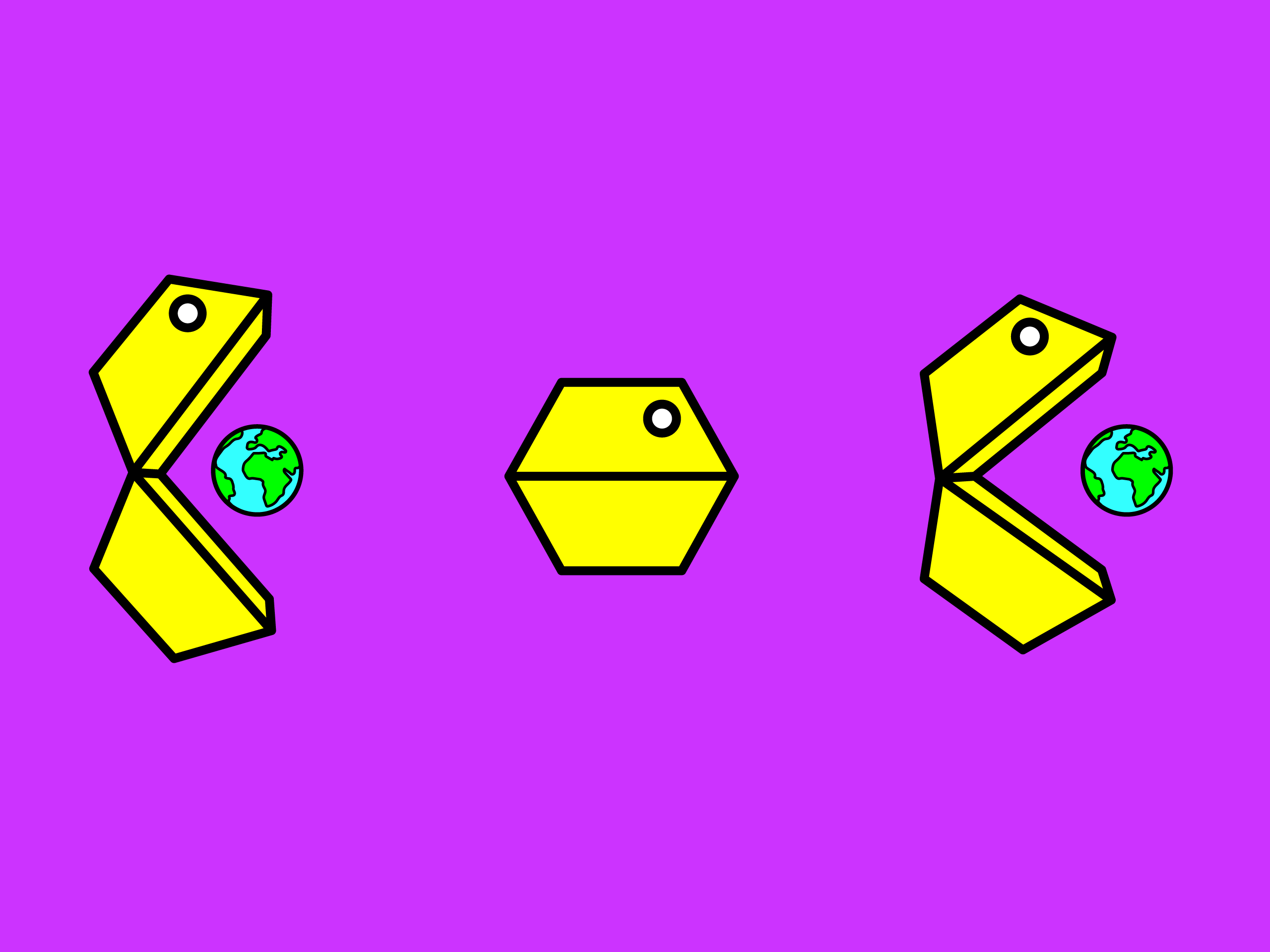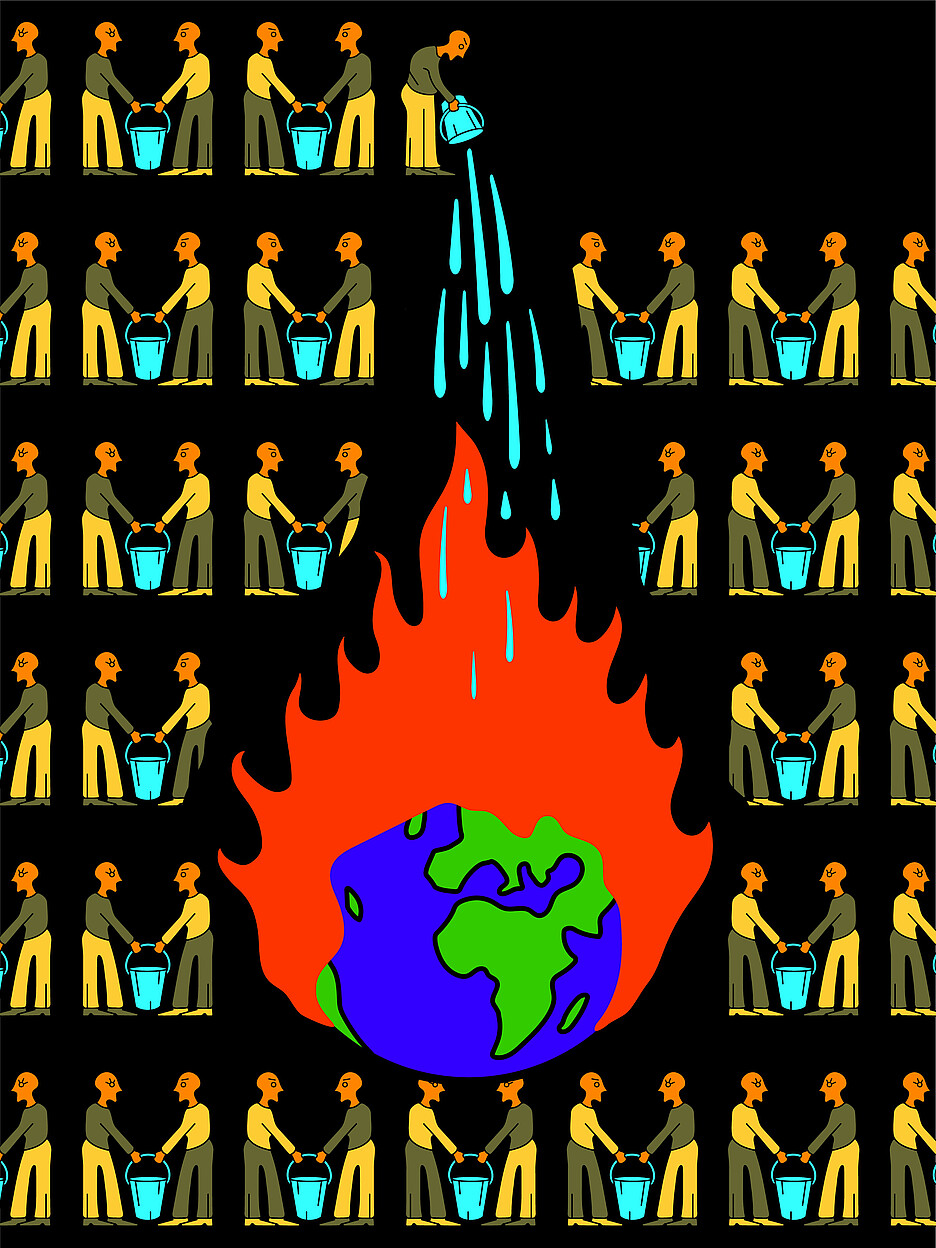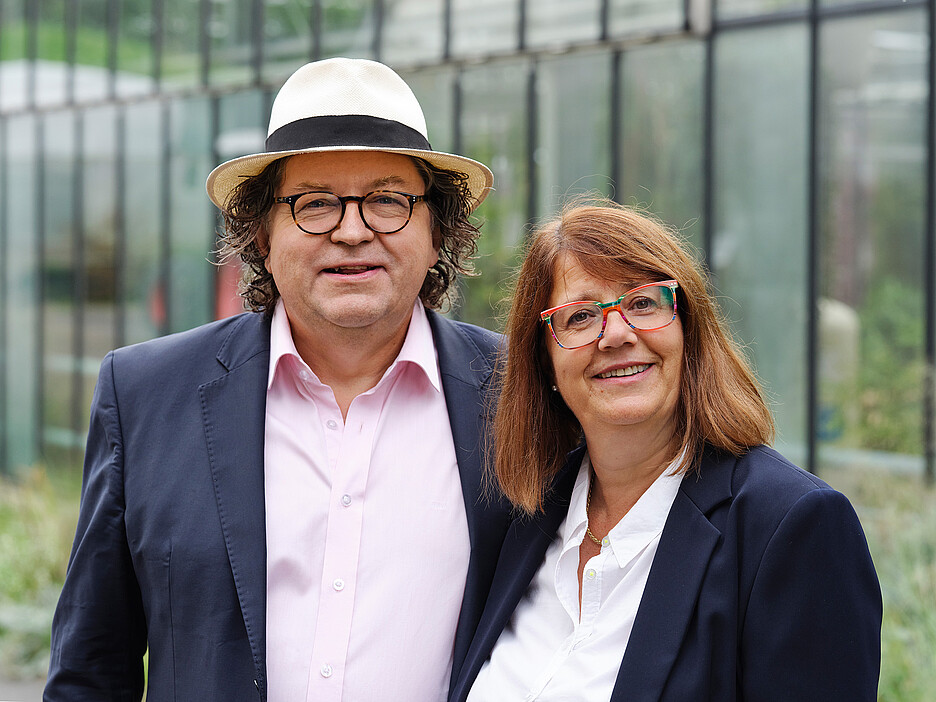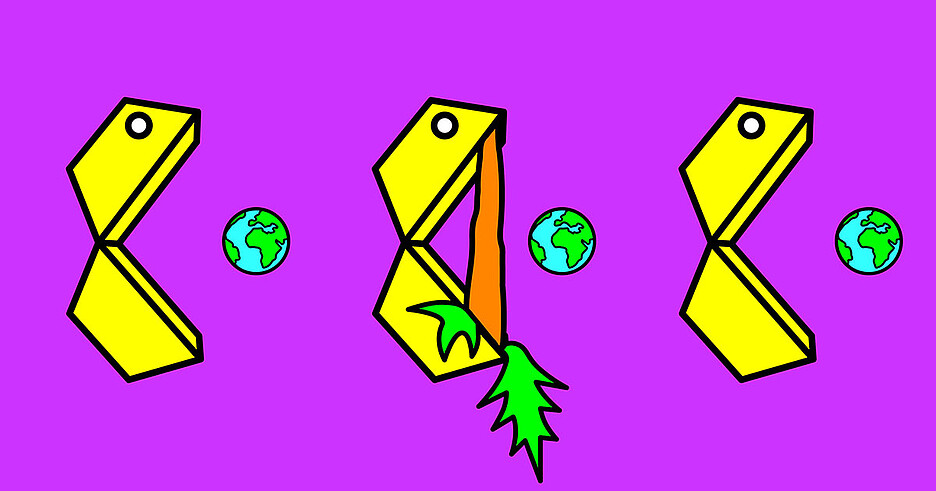
Planetary Health episode 4: Shaping our communities – learning from the voluntary fire brigade
As we work towards achieving the Sustainability Development Goals outlined in Agenda 2030, the United Nations’ latest report on our planet’s current state paints a rather bleak picture. The planet is on fire and the wide-ranging changes we are witnessing pose a challenge to us all. Questioning what we know, discarding what we believed to be true, starting from scratch and implementing new knowledge – this isn’t something that comes naturally to rational beings. Instead, it usually necessitates a push from outside forces. For people with a broad intellectual horizon, the need to adopt a forward-looking mindset in seeking new approaches is becoming ever more important. Examining potential alternatives, weighing up what is important for individuals and the community and taking effective action are likewise taking on greater significance for such individuals. It can only be hoped that enough people get on board before the threat posed by polycrises becomes existential.
We have to act – and there is no time to waste. We need to get out of our own bubble. After all, resigning ourselves to the fact that we are powerless and unable to change things while blaming others and excusing our own actions will in most cases achieve nothing. How can we move away from an attitude of “I am happy as I am and don’t want my life to change” to a situation in which people think more along the lines of “let’s see what I can become and what I can contribute”? It is time to get out of our comfort zone and embrace our new realities.
In Switzerland, a majority of the electorate have decided to commit to a path of climate neutrality. Before casting their vote at the ballot box, responsible voters require a minimum of information and the chance to debate the issues at hand. To a certain extent, it is also about raising their awareness of the topics of debate. Such majority decisions also form the basis for later, sometimes drastic measures initiated by the electorate's chosen representatives, which have to be taken in the interest of the common good. In crisis situations, the chance for people to determine for themselves what is reasonable provides them with the courage to change.
Community matters – moving from bubbles to networks

Bubbles form where discourse is in fact needed
Where we draw the line at what we consider reasonable is influenced by the level of indignation expressed by those around us. The collective unfurling of anger on social media or at demonstrations promotes the formation of bubbles in which ideologically entrenched views and polarising rhetoric provide a breeding ground for division in situations in which discourse and common solutions would actually be more appropriate. While some of our contemporaries might think the time is nigh for action and ask what are we actually waiting for, others may emphasise the ineffectiveness of their own actions and resolve to carry on as before. This sense of fatalism in the discussion about climate change is fuelled in part by the complex nature of the planet’s biological systems. Significant influencing factors are often overlooked as they appear to be of relatively minor significance at first glance. However, found in the right concentration and accompanied by other factors, they can have a major impact. This might be the case, for example, when certain tipping points are reached.
What happens if the seemingly simple solution of sequestering CO2 in our soils proves harder to achieve than thought because these soils have already heated up more than we assume?
What if the Gulf Stream has already changed its path and plunges Northern Europe into an interglacial period?
The first scenario would initially have to be confirmed by scientific research. Its impact in terms of our failure to mitigate climate change would be dramatic.
Those living in Northern Europe would quickly feel the effects of the second scenario if it were to come to pass.
Even the future used to be better before
People have clearly developed coping strategies that allow them to face challenges in different ways. Blocking out what is going on around us and pushing issues down the road to a time after we have departed this world are by no means popular options and are therefore rarely expressed as somebody’s preferred course of action. Nevertheless, people are certainly free to adopt such stances. However, this does not represent a solution for people who expect further impacts to be felt during their own lifetime or who want to leave behind a planet to future generations that is at least some way intact.
Despair about the speed at which things are progressing and the expected impact on our own life often gives rise to dystopian images of the future. These visions can manifest themselves in the form of depression and/or aggressive behaviour and therefore do nothing to move us forwards from our current situation.
We need a utopia in which we thrive
What is needed to turn the tide towards a regenerative society is a utopia in which we thrive in coexistence with the other forms of life and the resources found on our planet.
While it is clear that exploring the Moon or Mars is very important for improving our understanding of the universe, these places are unfortunately much more hostile to life than Earth. Knowing this, it probably makes more sense to be sparing in how we consume our resources so as to ensure that life on Earth can continue to thrive. As things currently stand, we are on the verge of various tipping points where action is urgently needed and waiting is no longer an option.
How do we succeed not only in developing a vision for regenerating our planet with as many people as possible, but also in implementing it in reality?
Rational knowledge has to be emotionally embraced and implemented
There is fortunately a growing level of awareness as regards just how urgent the situation is. On the other side of the coin, however, there are also defensive attitudes when it comes to having to make changes at a personal level. Perhaps there is a need for unifying figures who move away from the mutual indignation they once felt at each others’ views and actions and now encourage civil society to play its part and effect change that means we leave behind a world that is fit for generations to come.
The voluntary fire brigade as a role model?
Could rescue organisations like the voluntary fire brigade serve as a role model for saving lives not only within our own community, but across the entire planet? Could volunteering help us to bring together different interests, share knowledge that will allow us to address planetary challenges and get this knowledge out into the heart of our communities, thus enabling us to heal intergenerational wounds that break open all too often when different sides point the finger at one another?
Voluntary fire brigades were set up to avert dangers to life, limb and property. In some parts of Europe, this movement has existed for centuries. Commons, i.e. common land, end where the next community begins. Nevertheless, people come together to help each other across local boundaries when threats emerge. Can we succeed in broadening our horizon to include the planet as a whole and work together to take the necessary steps that ensure we are not confronted by the expected consequences on our own doorstep? The Club of Rome provided a simple formula here: “Think globally, act locally.” We are now all called upon to put this into action.

About the authors
Thinking and writing the unexpected is the motto of Gisela and Tilo Hühn, while their concept of life is underpinned by the endeavour to act responsibly together, adopt a reflective approach and make a difference. They work as researchers and lecturers at the ZHAW: Gisela Hühn as a member of the Food Process Development Research Group and Tilo Hühn as Head of the Centre for Food Composition and Process Design. Whether they are at the university or sat around their kitchen table, both enjoy joining forces or collaborating with others to discuss and work on future food systems and the question of how to get more of the goodness out of agricultural products during processing.

The Planetary Health series in the Impact web magazine
Can our planet still be saved? And if it can, how? These are the questions addressed in the new “Planetary Health” series of the ZHAW’s “Impact” web magazine. As the content of the series was not set in stone at the outset, you—our readers—also have the opportunity to shape the path it takes and the issues it covers by sharing your suggestions and wishes. In the opening episodes of the series, ZHAW researchers Gisela and Tilo Hühn explain how we can save the world with food. The insights the researchers provide are by no means a light bite. Instead, they serve up a feast of information, detailing what is wrong with our food system and what negative impacts it has on the environment. While they don't offer any guaranteed recipes for ensuring our planet’s recovery, they plate up morsels of knowledge and brain food aimed at promoting further thought and discussion. After all, “the battle to save the planet will be won at our dinner tables.” There is still a long way to go before we can sit back and enjoy a well-deserved dessert.
We look forward to receiving your ideas and suggestions at zhaw-impact@zhaw.ch
0 Comments
Be the First to Comment!